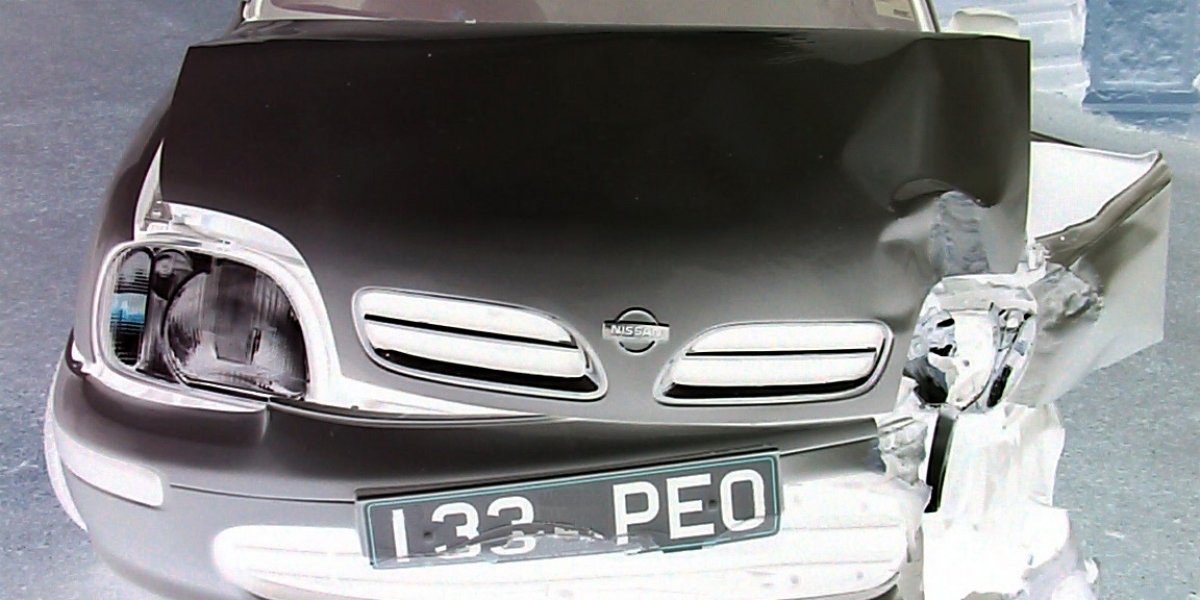In industries dealing with aggressive chemicals, acids, and corrosive fluids, the reliability of the flow control system is crucial. A small leak or corrosion inside a valve can lead to costly downtime or safety hazards. This is where PTFE lined ball valves come into play. These valves are designed to offer exceptional resistance against corrosion and chemical attack while maintaining smooth operation and long service life.
As one of the leading PTFE lined ball valve manufacturers, our goal is to deliver quality-engineered valves that meet international standards and perform efficiently in demanding environments such as chemical processing, pharmaceuticals, food & beverage, and petrochemicals.
What is a PTFE Lined Ball Valve?
A PTFE lined ball valve is a type of valve that uses a Polytetrafluoroethylene (PTFE) lining on the internal surfaces of the valve body, ball, and sometimes the stem. PTFE, also known as Teflon®, is a fluoropolymer with outstanding resistance to chemicals and extreme temperatures.
In a standard ball valve, the internal metal parts are exposed to fluids, which may lead to corrosion over time. However, in a PTFE lined ball valve, the PTFE lining acts as a barrier between the process fluid and the metal body. This ensures that even the most aggressive acids, alkalis, or solvents cannot corrode or degrade the valve’s surface.
Key Features of PTFE Lined Ball Valves
PTFE lined ball valves are designed to perform under challenging conditions while offering several advantages over traditional metal valves. Some of the key features include:
Excellent Corrosion Resistance:
The PTFE lining provides superior protection against corrosive media such as hydrochloric acid, sulfuric acid, and caustic soda.Leak-Proof Design:
These valves ensure bubble-tight sealing, which helps in preventing leakage and maintaining process safety.Low Operating Torque:
The smooth PTFE lining minimizes friction between the ball and the seat, ensuring effortless operation.Wide Temperature Range:
PTFE can withstand a wide range of temperatures, typically from -29°C to 180°C, making it suitable for both hot and cold fluids.Anti-Stick Properties:
PTFE’s non-stick surface reduces material buildup inside the valve, maintaining consistent flow and preventing blockages.Maintenance-Free Operation:
Due to the self-lubricating nature of PTFE, these valves require minimal maintenance over their lifetime.
Types of PTFE Lined Ball Valves
Manufacturers offer several types of PTFE lined ball valves to meet different industrial needs. The main types include:
Full Bore PTFE Lined Ball Valve:
These valves have a bore size equal to the pipeline, ensuring minimum pressure drop and unrestricted flow. They are ideal for applications requiring smooth and efficient flow.Reduced Bore PTFE Lined Ball Valve:
These valves have a slightly smaller bore compared to the pipeline, making them suitable for systems where controlled flow and reduced cost are priorities.Flanged End PTFE Lined Ball Valve:
Featuring flanged connections, these valves are easy to install and remove, commonly used in chemical and process industries.Threaded End PTFE Lined Ball Valve:
Suitable for smaller pipelines, these valves provide leak-tight connections and are easy to integrate into compact systems.Three-Piece Design PTFE Lined Ball Valve:
This design allows for easy maintenance and cleaning, making it suitable for applications requiring frequent inspections.Actuated PTFE Lined Ball Valve:
These valves can be fitted with pneumatic or electric actuators for automated control, enhancing efficiency and safety in industrial operations.
Manufacturing Process of PTFE Lined Ball Valves
The manufacturing of PTFE lined ball valves involves precision engineering and quality control at every step. Here’s an overview of how these valves are produced:
Material Selection:
High-quality carbon steel, stainless steel, or ductile iron is chosen for the valve body, depending on the application. Virgin PTFE or modified PTFE is used for lining.Machining and Fabrication:
The valve body and components are precisely machined to ensure perfect alignment and dimensional accuracy.PTFE Lining Process:
The PTFE lining is applied using the isostatic molding or paste extrusion process. The lining is then sintered to bond it firmly with the metal body.Assembly:
The ball, seats, and stem are assembled carefully to ensure smooth movement and tight sealing.Testing and Inspection:
Each valve undergoes rigorous testing, including hydrostatic, pneumatic, and leakage tests, to ensure it meets performance standards such as API, ASME, and ISO.Surface Treatment and Packaging:
The external body is coated with anti-corrosive paint or epoxy to increase durability before being packed and dispatched.
Applications of PTFE Lined Ball Valves
PTFE lined ball valves are widely used across industries that handle aggressive or corrosive fluids. Some major applications include:
Chemical Processing Plants:
For handling acids, chlorides, solvents, and caustic solutions.Pharmaceutical Industry:
Used in cleanrooms and hygienic environments due to PTFE’s non-contaminating properties.Food & Beverage Industry:
Suitable for processing edible oils, flavorings, and chemicals used in cleaning operations.Pulp & Paper Industry:
Handles bleaching agents, liquors, and other corrosive fluids efficiently.Water Treatment Plants:
Used in systems where chemicals like chlorine and sodium hypochlorite are used.Petrochemical Industry:
Ideal for controlling aggressive hydrocarbons and process gases.
Advantages of Choosing a Reliable PTFE Lined Ball Valve Manufacturer
When selecting a PTFE lined ball valve manufacturer, it’s essential to choose a company that ensures product quality, precision, and consistency. Working with a trusted manufacturer offers several benefits:
Customized Solutions:
Manufacturers can design valves according to your specific application needs, including pressure ratings, connection types, and automation options.Compliance with International Standards:
Certified manufacturers follow standards such as API 608, ASME B16.5, and ISO 9001, ensuring reliability and global acceptance.Quality Assurance:
Every valve undergoes stringent inspection and testing procedures to guarantee leak-proof performance.After-Sales Support:
Leading manufacturers offer installation assistance, maintenance guidance, and prompt technical support.Material Traceability:
Full documentation and test certificates (like MTC 3.1) are provided for traceability and compliance purposes.
Why PTFE Lined Ball Valves Are Preferred in Corrosive Environments
Industries dealing with corrosive fluids face challenges such as metal degradation, leakage, and contamination. PTFE lined ball valves overcome these issues by offering:
Chemical Inertness: PTFE is non-reactive with almost all chemicals.
Longer Service Life: The lining prevents corrosion, extending valve life significantly.
Reduced Downtime: Fewer failures mean less maintenance and process interruptions.
Enhanced Safety: The risk of fluid leakage or contamination is minimized.
These advantages make PTFE lined ball valves a cost-effective and reliable choice for industries requiring safe and durable flow control systems.
How to Choose the Right PTFE Lined Ball Valve Manufacturer
Selecting the right manufacturer can determine the success and efficiency of your system. Here’s what to look for:
Experience and Expertise:
Choose a company with proven experience in manufacturing lined valves for critical industries.Product Range:
Ensure they offer a variety of valve types—flanged, threaded, or actuated—to meet your needs.Testing Facilities:
Verify that the manufacturer has in-house testing for pressure, leakage, and lining thickness.Certifications:
Check for ISO, API, or PED certifications that guarantee global quality standards.Customer Reviews and Projects:
Look for feedback from existing clients and examples of successful industrial installations.
Conclusion
PTFE lined ball valves play a vital role in ensuring safe and efficient flow control in corrosive and high-purity environments. Their superior chemical resistance, smooth operation, and maintenance-free performance make them a preferred choice across industries.







